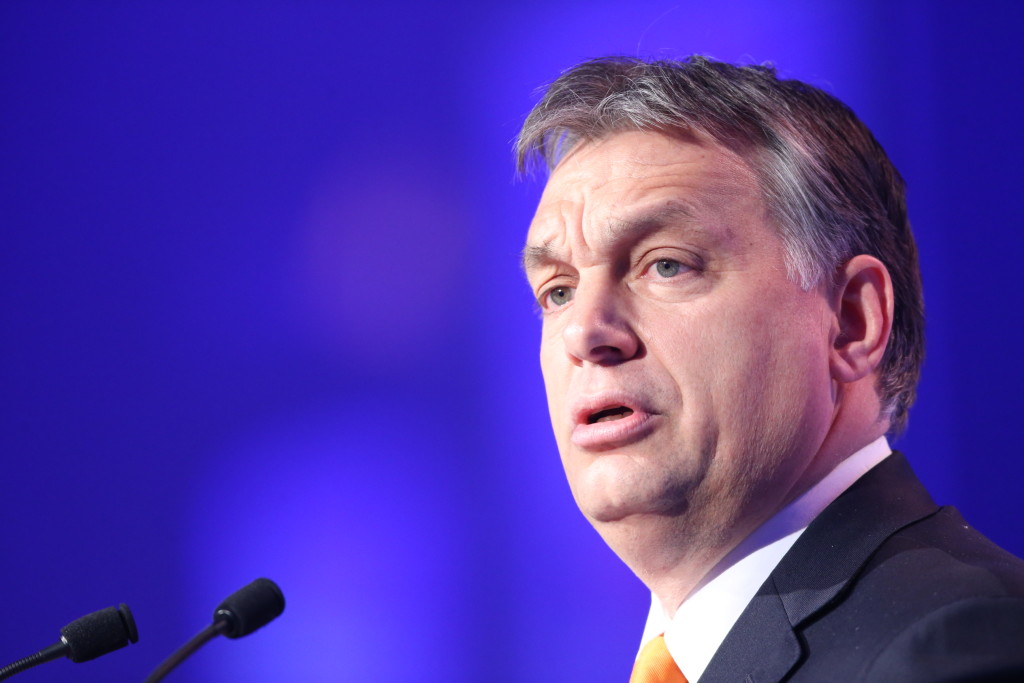On September 12, 2018, the European Parliament voted to initiate sanctions under Article 7 against Hungary. While the decision is definitely not a win for Viktor Orbán on a European level, it did boost his position at home.
Sargentini Report – A Loose Anthology?
The Sargentini report received its fair share of criticism from both sides of the political spectrum in Hungary. The annex of the document is a compilation of excerpts from a variety of reports prepared by NGOs and international organizations over the last 8 years – since Orbán came to power in 2010.
It does not contain any new revelations regarding the situation in Hungary, it is instead a loose anthology of how the constitutional supermajority was abused to distort the democratic process and how EU funds were subverted by the governing elite. However, these issues unfolded over the course of the better part of this decade and they had already been priced by the market, so to say.
Such reports are inherently superficial, and this one is especially broad, covering a variety of topics from the rule of law and corruption to breastfeeding in the workplace. The fact that it still managed to gather multi-partisan support and a (contested) two-thirds majority is quite impressive.
Although it is widely accepted that any sanction under Article 7 would be eventually vetoed by the Polish, the fact that the Parliament decided to recommend sanctions has serious implications both short- and long-term.
Potential Consequences
The immediate consequences of the vote are already apparent in Hungary. The government has launched a new campaign featuring images of Judith Sargentini, Guy Verhofstadt, together with Orbán’s favorite adversary, George Soros.
The main message of the ads is that the EU is punishing Hungary for resisting unrestricted immigration. In this respect, the successful vote in the EP actually put Orbán in a comfortable position. For years now, he has been preaching against Brussels’ harmful intervention in Hungarian domestic matters and had previously used public funds to plaster blue billboards all over the country with the message “Stop Brussels!”. Now his outlandish claims seem to be proven legitimate.
Recommending to trigger Article 7 against Hungary perfectly fits into this narrative and Orbán gained a predictably effective tool for his 2019 European Parliament election campaign.
At the same time, the vote put his mostly pro-European opposition in an impossible position. Supporting Article 7 was seen as voting against Hungarian interests, opposing it was viewed as supporting the Fidesz government. In the end, some left-wing MEPs voted for the resolution while others refused to cast a vote at all.
The opposition parties were unable to establish a strong position on the Sargentini report and thus lost their (already quite limited) opportunity to interpret it for the Hungarian public.
This is significant due to the forthcoming elections to the European Parliament where these parties will probably struggle to convince their electorate of voting – turnout for the EP elections is often low in Hungary (in 2014 it was only 28,97%). Competing with the governmental narrative that claims the stake of the election is security and sovereignty will be challenging.
Although Orbán’s domestic position was somewhat strengthened by the vote, the results indicated that he may face difficulties regarding his European ambitions.
Orbán’s Position
Viktor Orbán won a two-thirds majority in the Hungarian National Assembly for the third consecutive time this year. At least in part, his success can be explained with how he used his constitutional majority to rewrite the rules of political competition in Hungary. He also utilized immense public funds to redraw the media landscape and to remove dissenting opinions in the press.
Such issues are covered by Sargentini’s report. However, no matter how imbalanced press coverage is, or how disadvantageous the electoral rules are to his fragmented opposition, there is another indispensable element propping up his regime and that is relative economic prosperity.
Hungary has been experiencing continuous economic growth in the past few years, with increasing wages and decreasing unemployment. Besides the very favorable international economic trends, this was made possible by the inflow of extensive amounts of EU funds.
These are currently vital for financing Orbán’s regime and increasing his political leverage in Europe would be fundamental for its long-term survival.
In this respect, uncertainty regarding his future has increased substantially. Orbán obviously lost some friends in the European People’s Party, where more than two-thirds of the MEPs voted against him. For now, the party seems to tolerate the presence of Fidesz, but Orbán’s influence is apparently diminishing among his traditional allies and he seems to be increasingly isolated.
His domestic successes matter less and his European ambitions now greatly depend on the performance of other populist parties on the 2019 elections, and on whether they would be able to successfully cooperate in the future.



